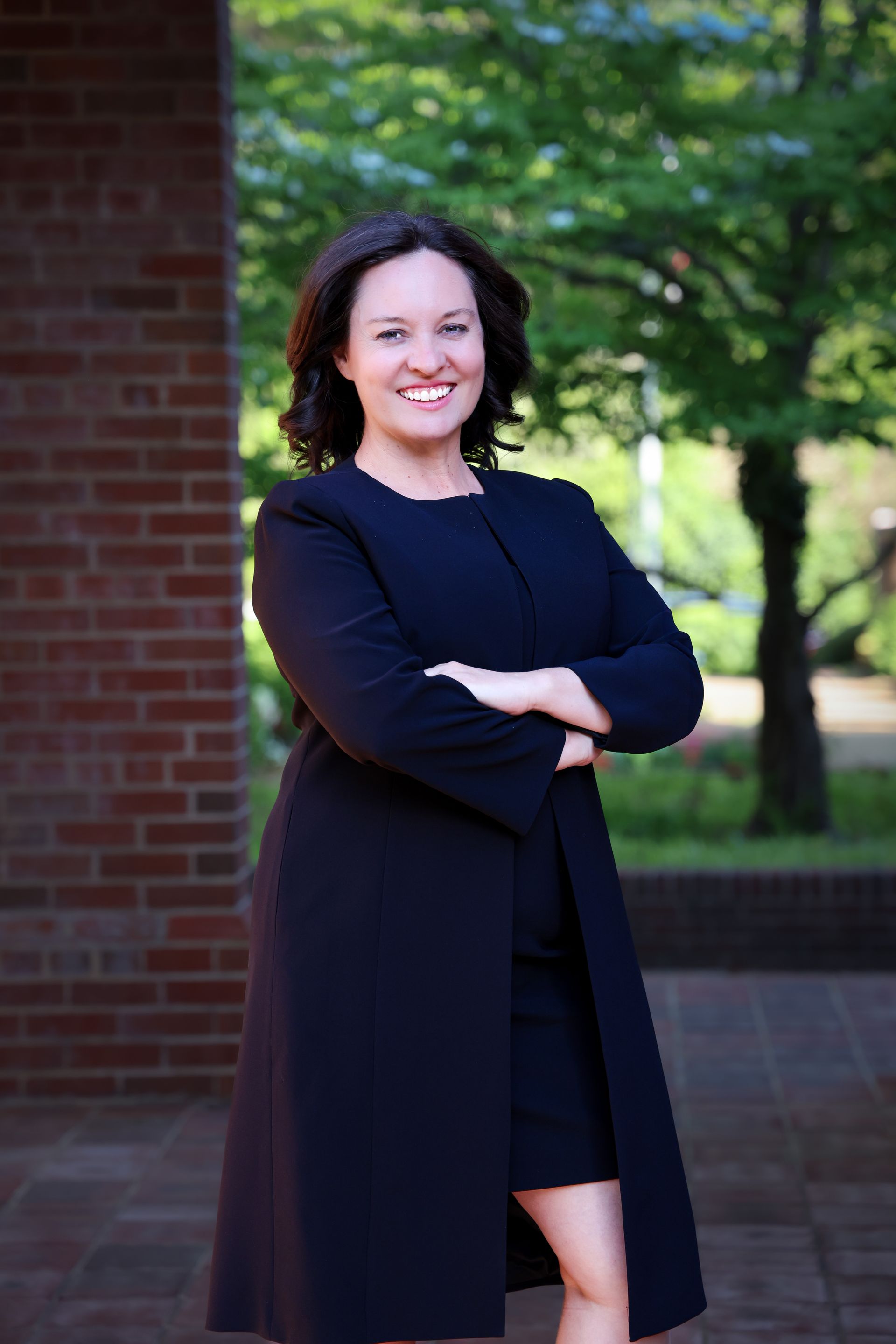Q: You’ve spent over a decade as a Navy JAG officer and continue to serve as a reservist. What is it about military service that keeps calling you back?
A: To me, military service has always been about community. My service as a Navy JAG officer brought so many military members and families into my life- people who come from every corner of America but who are united in the desire to serve and the commitment to being there for each other. Although I am no longer on active duty, I still feel drawn to that community and want to use my background and expertise to support the members and families who continue to give so much of themselves to their country.
Q: From prosecuting federal crimes to defending service members in court-martial—how has working on both sides shaped your approach to civilian cases?
A: Working on both sides of the aisle has given me the ability to value a case, to see both sides of any issue, and to know how to work with the various players in the system, from the prosecutor to the clerk of court to the probation office. Ultimately, working on both sides gave me the self-awareness to know that, while I am the sum of my experiences, I am at my best working with individual clients and fighting for justice for the person in front of me.
Q: When a client comes to you facing a divorce, custody fight, or family breakdown, what’s the first thing you want them to know?
A: When someone first comes to me, I want them to have a sense of long-term perspective that will allow us to form a specific strategy for their individual case. I work with clients to understand their goals, whether that be drafting a settlement agreement that will preserve room for an amicable co-parenting relationship or preparing a contested trial strategy that will give a voice to someone who has been abused or wronged. We are always prepared for a fight but ready to use every tool in our toolkits


